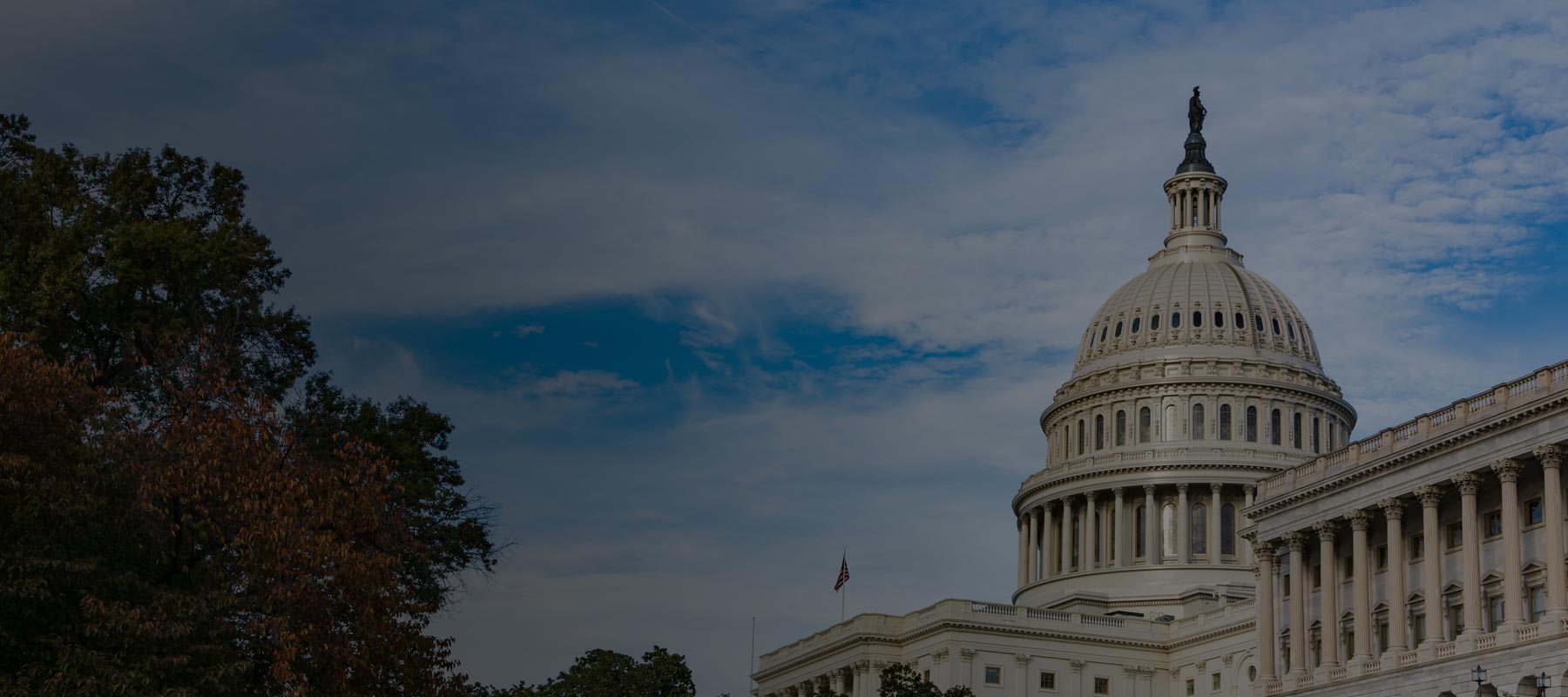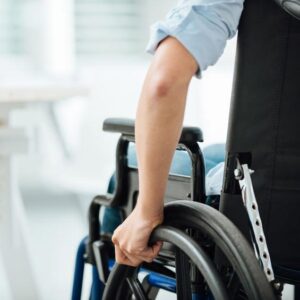
Call Us Now
202-960-4596
Schedule a Free Consultation

Premises liability refers to the legal responsibility of a property owner or occupier for accidents and injuries that occur on their property due to unsafe or hazardous conditions. The property can be private, a business, or even a government property.


Some common premises liability accidents include slip and falls or trip and falls. A slip and fall accident is one in which, as the name suggests, the victim slips and falls on someone’s property due to the property owner’s negligence. For instance, the property owner may have failed to warn the victim about unsafe conditions, which then led to them falling and hurting themselves.
Personal liability, also known as individual liability, refers to the legal responsibility of an individual for their actions or conduct that result in harm, damages, or injuries to another person or entity. It pertains to situations where individuals are held accountable for their behavior, decisions, or negligence. The at-fault party may compensate the injured party to make up for the losses they’ve endured.
Some common personal liability claims include those involving car accidents, medical malpractice, and product liability.
Premises liability and personal liability are two different legal concepts with key differences. These include:
The role of insurance differs between premises liability and personal liability in several significant ways due to the distinct nature of these two types of liability. Here’s how insurance operates differently in each scenario:
Premises Liability: Insurance typically covers property owners or occupiers for accidents and injuries that occur on their property due to unsafe conditions. The liability is associated with the property’s condition, and the insurance is designed to protect the property owner or occupier from claims related to their property’s safety.
Personal Liability: Personal liability insurance coverage, often included in homeowners’ or renters’ insurance, covers individuals or entities for actions or conduct that cause harm or injury to others. It applies to many situations where an individual’s actions or negligence result in harm, such as auto accidents, product defects, professional malpractice, and more.
Premises Liability: Insurance in premises liability primarily involves property owners or occupiers as the insured parties. Homeowners’ insurance protects them from legal claims brought by visitors or guests injured on their property.
Personal Liability: Personal liability coverage covers individuals or entities for their actions or conduct. The insured party may include individuals, professionals, or businesses, and the insurance is designed to protect them from claims or lawsuits brought by injured parties who allege harm caused by the insured’s actions.
Premises Liability: Insurance coverage in premises liability focuses on the property and its safety. It typically includes coverage for legal defense costs, settlement payments, or judgments related to accidents and injuries on the insured property.
Personal Liability: Personal liability insurance covers a broader range of personal actions and conduct. It covers legal fees, settlement payments, or judgments related to various scenarios, such as car accidents, professional errors, product defects, etc. Settlements in these cases typically cover a victim’s medical bills and medical expenses, property damage, lost wages, and more.
Premises Liability: Claims in premises liability are typically related to accidents and injuries occurring on the insured property. Common claims include slip and fall accidents, inadequate security, and injuries caused by dangerous property conditions.
Personal Liability: Claims in personal liability cases can encompass a wide range of situations, including auto accidents, product liability claims, professional malpractice, contractual disputes, and intentional acts like defamation or assault.
Premises Liability: Liability insurance policies for premises liability typically have coverage limits that specify the maximum amount the insurance company will pay for a claim. Policyholders may have the option to purchase additional coverage to increase these limits.
Personal Liability: Personal liability insurance policies also have coverage limits, but the scope of coverage can vary depending on the type of policy and the insurer. Policyholders may need to consider separate insurance policies or riders for specific personal liability scenarios beyond what is included in standard homeowners’ or renters’ insurance.
There are some situations in which a personal liability claim and a premises liability claim would be relevant. These can be complicated if multiple parties are at fault in different ways.


In most cases, criminals have very limited rights in cases like this. But the courts still must decide how to proceed. They must carefully assess the circumstances and the roles played by the property owner or occupier and the individual involved. They’ll evaluate the proximate cause, whether an individual’s actions were a substantial factor in causing the injury or if the property owner’s negligence was the primary cause. If an individual’s actions were only a minor or indirect factor, they may have limited liability.
They’ll also look at the assumption of risk or whether the individual was aware of the risk they assumed when they entered the property. The court may also look at similar cases in the jurisdiction for precedent.
If you or a loved one was injured by the unsafe conditions of a property, our premises liability lawyer can help you with your liability claim.
Have you or your loved one sustained injuries in Washington DC, Maryland or Virginia? Regan Zambri Long PLLC has the best lawyers in the country to analyze your case and answer the questions you may have.